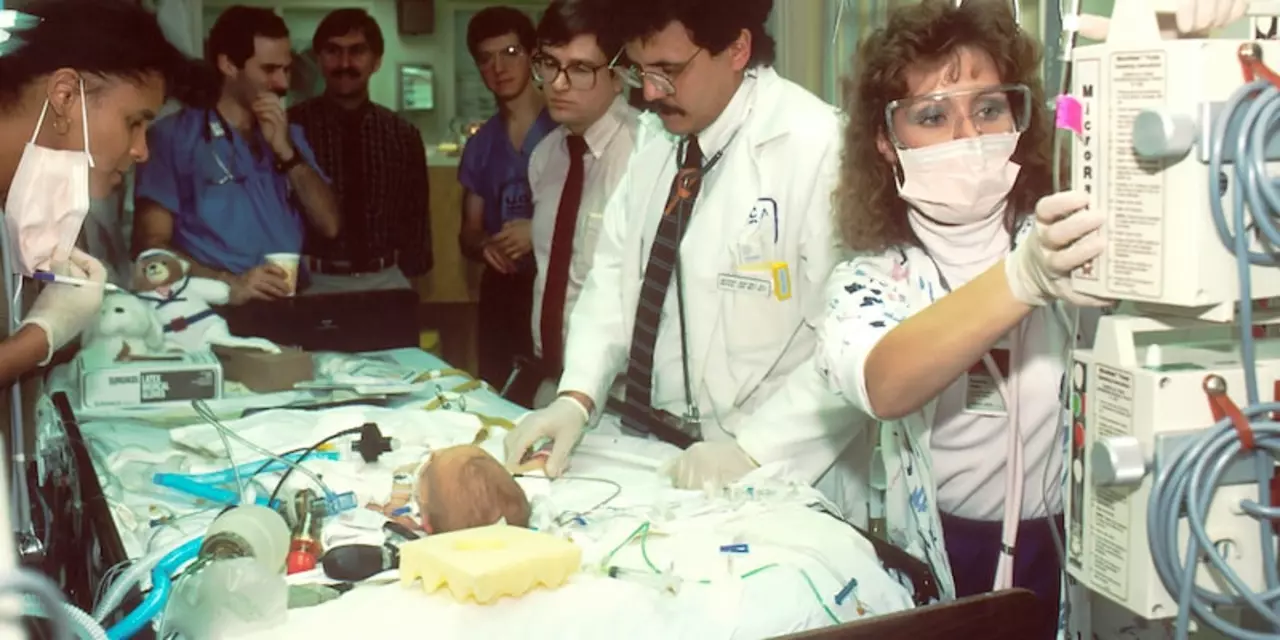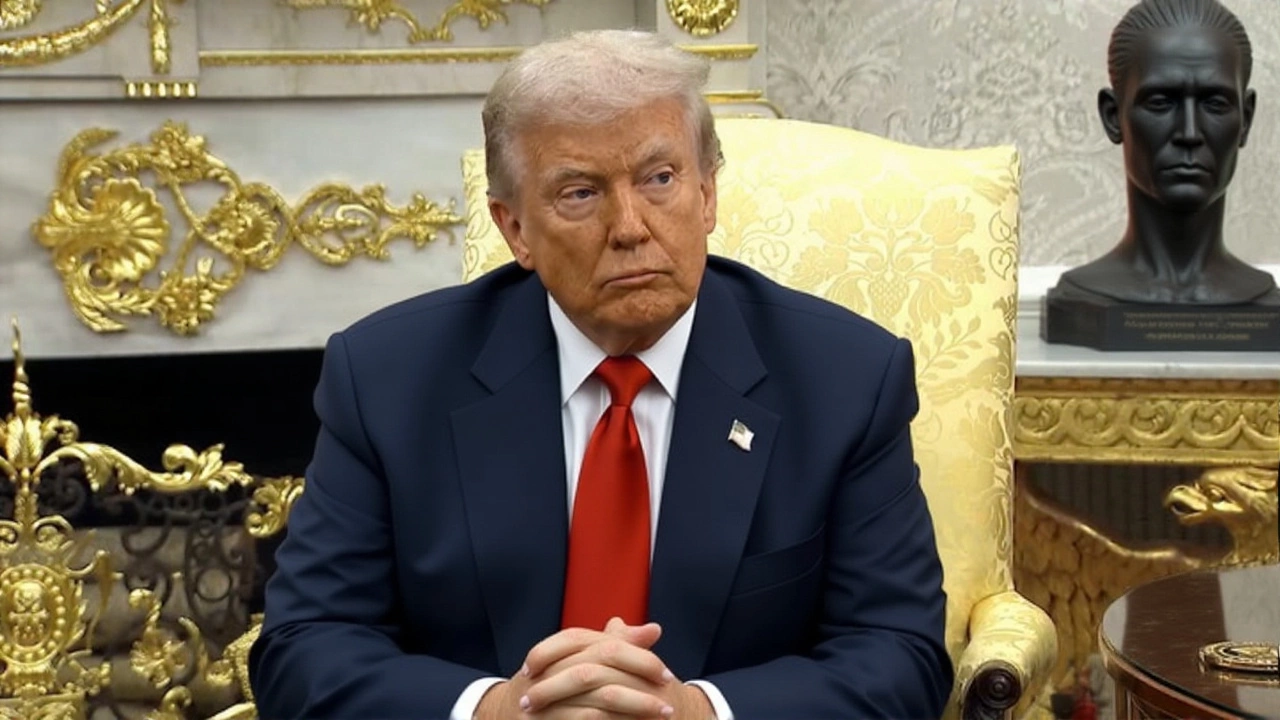Privatized healthcare is an increasingly popular topic for discussion in countries where it has been implemented. It has been proposed as a way to increase access to healthcare for individuals in low-income communities, and for those who would otherwise be unable to afford the costs associated with traditional public healthcare systems. But is privatized healthcare really better for the poor or is it just an elaborate way of shifting the burden of healthcare costs onto those who can least afford it?
The primary argument in favor of privatized healthcare is that it can provide more efficient and cost-effective care. By reducing the amount of bureaucracy associated with public healthcare systems, it is thought that privatized healthcare can provide better and more timely access to care. Additionally, many privatized healthcare systems offer a variety of incentives to encourage individuals to seek care, such as discounted rates for preventative services and low-cost medications. These incentives can help those in low-income communities to access the care they need without having to worry about the cost of the service.
Another potential benefit of privatized healthcare is that it can help to reduce the stigma associated with seeking medical care. Many individuals in low-income communities may feel uncomfortable or ashamed of seeking care from public healthcare systems, which can lead to them avoiding necessary medical care. By providing a more personalized and private setting, privatized healthcare can remove this stigma and make it easier for people in low-income communities to access the care they need.
Ultimately, the decision to switch to a privatized healthcare system should be made with careful consideration of its potential benefits and drawbacks. While it is true that there are potential advantages for those in low-income communities, it is important to remember that these individuals are also more likely to be affected by the costs associated with privatized healthcare, such as higher copays and deductibles. It is important to ensure that any policy changes are carefully planned and take into consideration the specific needs of those in low-income communities.
The accessibility of healthcare for those living in poverty has been a long-standing issue. Privatized healthcare has been suggested as a possible solution to this problem, but how exactly can it provide better access to the poor? In this blog post, we’ll explore the potential impact of privatized healthcare on the accessibility of care for those living in poverty.
Privatization Increases Access to Care
One of the primary benefits of privatized healthcare is that it increases access to care for those living in poverty. This is because private healthcare providers are more likely to accept uninsured patients and provide them with services at discounted rates. This means that those who may not be able to afford the cost of quality healthcare can get the care they need without having to pay full price. Additionally, private healthcare providers often offer more flexible payment plans, which can help make healthcare more affordable for those living in poverty.
Improved Quality of Care for the Poor
Another benefit of privatized healthcare is that it can lead to improved quality of care for the poor. Private healthcare providers are typically better equipped to provide services that may not be available through public healthcare systems. Additionally, private healthcare providers are often more willing to utilize innovative and cutting-edge treatments, which can improve the quality of care for those living in poverty.
Conclusion
Overall, privatized healthcare can be beneficial for those living in poverty by making healthcare more accessible and improving the quality of care available. However, it is important to note that privatization should not be seen as a replacement for public healthcare systems, but rather as a supplement that can provide additional services and more flexible payment plans for those in need.
Privatized healthcare has long been touted as a way to reduce the cost of medical care for low-income families. But is it really beneficial? Let’s take a look at the cost savings that can be achieved with privatized healthcare for the poor.
First and foremost, it is important to understand that the cost of healthcare is largely driven by the cost of services and treatments. When healthcare services are privatized, the cost of those services can be significantly reduced, as private healthcare providers do not have to follow the same regulations and laws as public healthcare providers. This means that private healthcare providers are able to charge lower prices for their services, making them more affordable for low-income families.
Another factor to consider when evaluating the cost savings of privatized healthcare for the poor is the availability of “discounts” that are often offered by private healthcare providers. Private healthcare providers may offer discounts on certain services or treatments, making them more affordable for low-income families. In addition, private healthcare providers may also offer special programs or incentives to encourage people to choose their services.
Finally, when evaluating the cost savings of privatized healthcare for the poor, it is important to consider the quality of care that is provided. Private healthcare providers are often able to provide higher quality care than public healthcare providers, as they are not as heavily regulated and can often use the latest technologies and treatments. This can result in better healthcare outcomes for low-income families.
In conclusion, privatized healthcare can provide significant cost savings for low-income families. By taking advantage of discounts and special programs offered by private healthcare providers, and by providing higher quality care, privatized healthcare can be an effective way to reduce the cost of healthcare for the poor.
Privatized healthcare has been a hot topic of debate for many years. It is an issue that affects all citizens, especially the poor. There are both pros and cons to privatized healthcare, so it is important to understand both sides before making a decision.
The main argument in favor of privatized healthcare is that it can provide better access to care. Private insurance companies can often offer a wider range of services than public healthcare systems, and they can also offer more affordable options. This means that the poor have more options when it comes to accessing the care they need.
Another advantage of privatized healthcare is that it can help to reduce bureaucracy. Private insurance companies typically have fewer rules and regulations than public healthcare systems. This can help to make the process of getting care smoother and more efficient.
On the other hand, there are some drawbacks to privatized healthcare for the poor. Private insurance companies are often more expensive than public healthcare systems. This means that the poor might not be able to afford the coverage they need. In addition, private insurance companies often have fewer regulations when it comes to covering certain treatments or procedures, which can mean that the poor might not be able to get the care they need.
Overall, it is important to understand both the pros and cons of privatized healthcare for the poor before making a decision. Privatized healthcare can offer greater access to care and reduce bureaucracy, but it can also be more expensive and have fewer regulations. Understanding both sides of the debate can help people make the best decision for their needs.
When it comes to healthcare, the quality of care that the poor receive can be a major concern. Privatized healthcare can potentially provide a better quality of care for the poor, as it allows for competition between providers, encourages innovation, and is often more cost-effective than traditional healthcare systems. However, there are some drawbacks to privatized healthcare that should be considered when making decisions about how to best provide care to the poor.
One of the advantages of privatized healthcare is that it encourages competition between providers. This can lead to better quality of care, as providers are incentivized to compete and provide higher quality services in order to attract more customers. In addition, privatized healthcare systems can often be more cost-effective than traditional systems, as they are more efficient in their use of resources and have lower overhead costs.
However, there are some drawbacks to privatized healthcare that should be taken into consideration. For example, there is a risk that some providers may prioritize profits over providing quality care, which can lead to lower quality services. In addition, some privatized healthcare systems may not provide access to certain services, such as mental health care, which can be particularly important for the poor. Finally, there is the risk that some providers may take advantage of the lack of regulation in the system and provide substandard care.
Overall, privatized healthcare has the potential to provide better quality of care for the poor if it is properly regulated and monitored. It can provide cost-effective services and encourage competition between providers, leading to better quality of care. However, there are some drawbacks that should be taken into consideration, and it is important to ensure that providers are held accountable for providing quality care.





